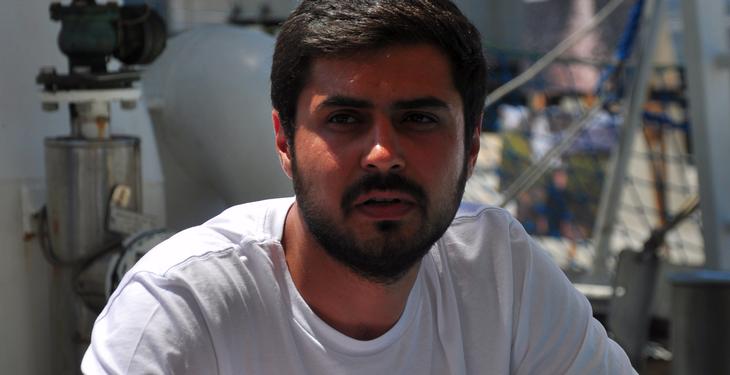Greenpeace sued the Gorj Environmental Protection Authority for issuing an integrated environmental permit for the Rovinari complex, owned by CE Oltenia, which does not meet European environmental criteria, Alin Tănase, Climate & Energy campaigner, Greenpeace, told energynomics.ro.
“We challenged the integrated environmental permit issued to Rovinari by the Gorj Environmental Protection Authority in court, under two arguments – emission standards have changed and were not included, according to EU requirements, also in terms of biodiversity and environmental damage,” says Tănase.
He explained that until recently the environmental permit was issued for 10 years, after which it had to be renewed, and by 2018, with the change of the legislation, the authorizations are valid for the whole period of operation of the project, with a simple annual review.
“We do not agree with the extension of the lifetime of the plant for an unlimited period,” Tanase says – explaining that in almost all member states, Europe has given up coal by 2030.
The first issue, linked to emission standards, was invoked as the new EU provisions require that all installations, including gas, must respect them – including in Romania – the new emission standards for nitrogen (NO2), sulphate (SO2) and particulate matter (PM10) – three standards previously provided. The problem is that a new standard provides for measurements of hydrochloric acid (HCl), Fluorine (HF), and mercury (HG) levels.
“The new measurements were introduced for the first time and joined the previous standards. Until now, the Rovinari plant did not monitor mercury – also because of the high costs. But the new standards for 2021 should also be included in the Integrated Environmental Authorization, valid from December 2018, for the entire duration of the Rovinari project. But we have not found them, nor the past ones do fully respect the values required, “Tanase said.
He explained that Greenpeace is working with specialized software for measurements based on several climatic factors, and it performs its own calculations. At the same time, Greenpeace has been involved in all pre-authorization steps, sending out previously disregarded views to stakeholders. “Even some inhabitants of Rovinari protested,” Tanase says.
A second argument for the trial – the biodiversity- provides that the Rovinari thermal power plant is near a Natura 2000 site in the Jiu Corridor. “It even takes water from Jiu. In fact, other plants take water from Jiu and affect the quality of the river, too. In the permit issuance procedure, there must also be an environmental impact assessment study that they have never done. We spoke with specialists who found that there is an impact on biodiversity in the Natura 2000 site – Rovinari must demonstrate through this study that it does not exist “, concluded Tănase.

